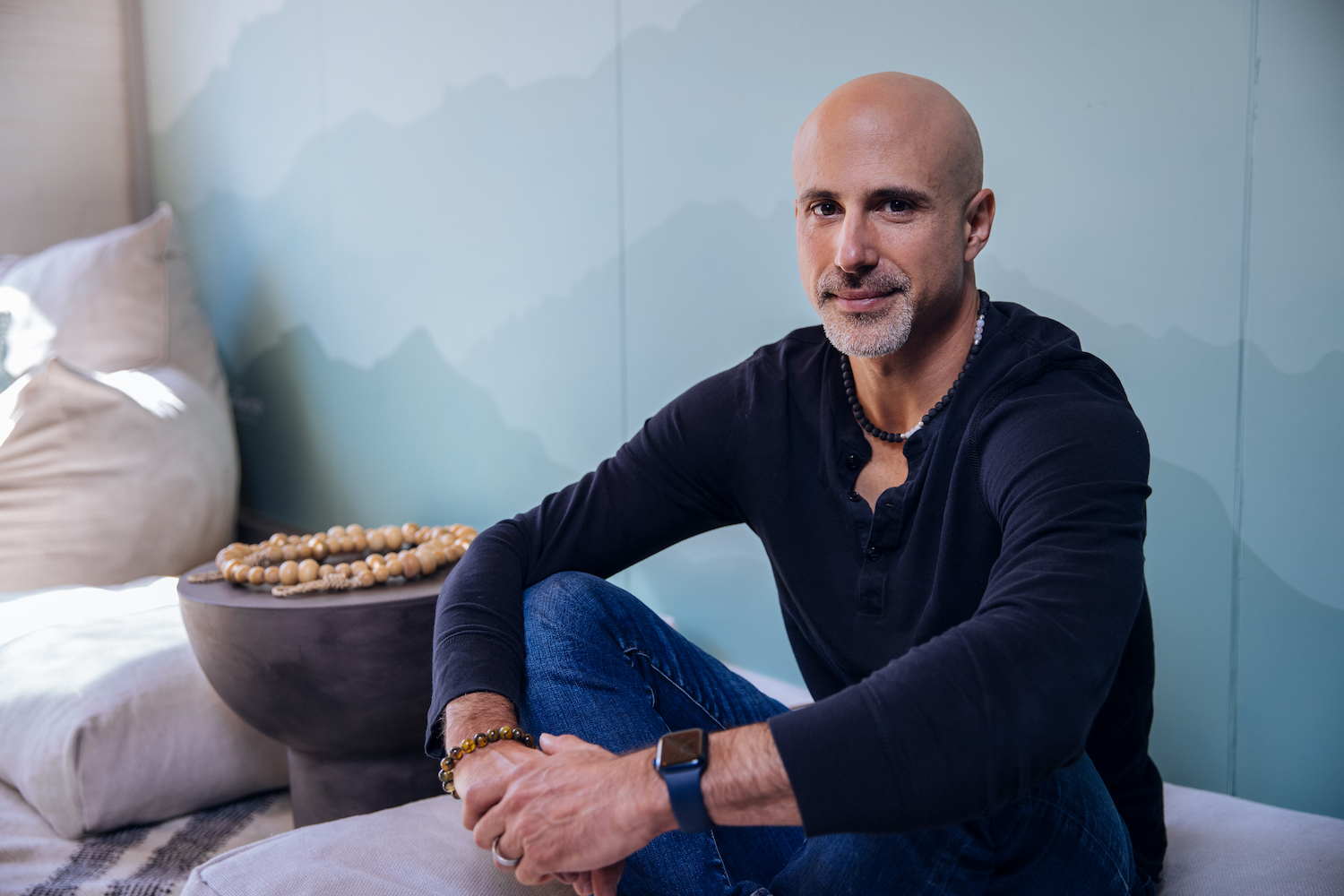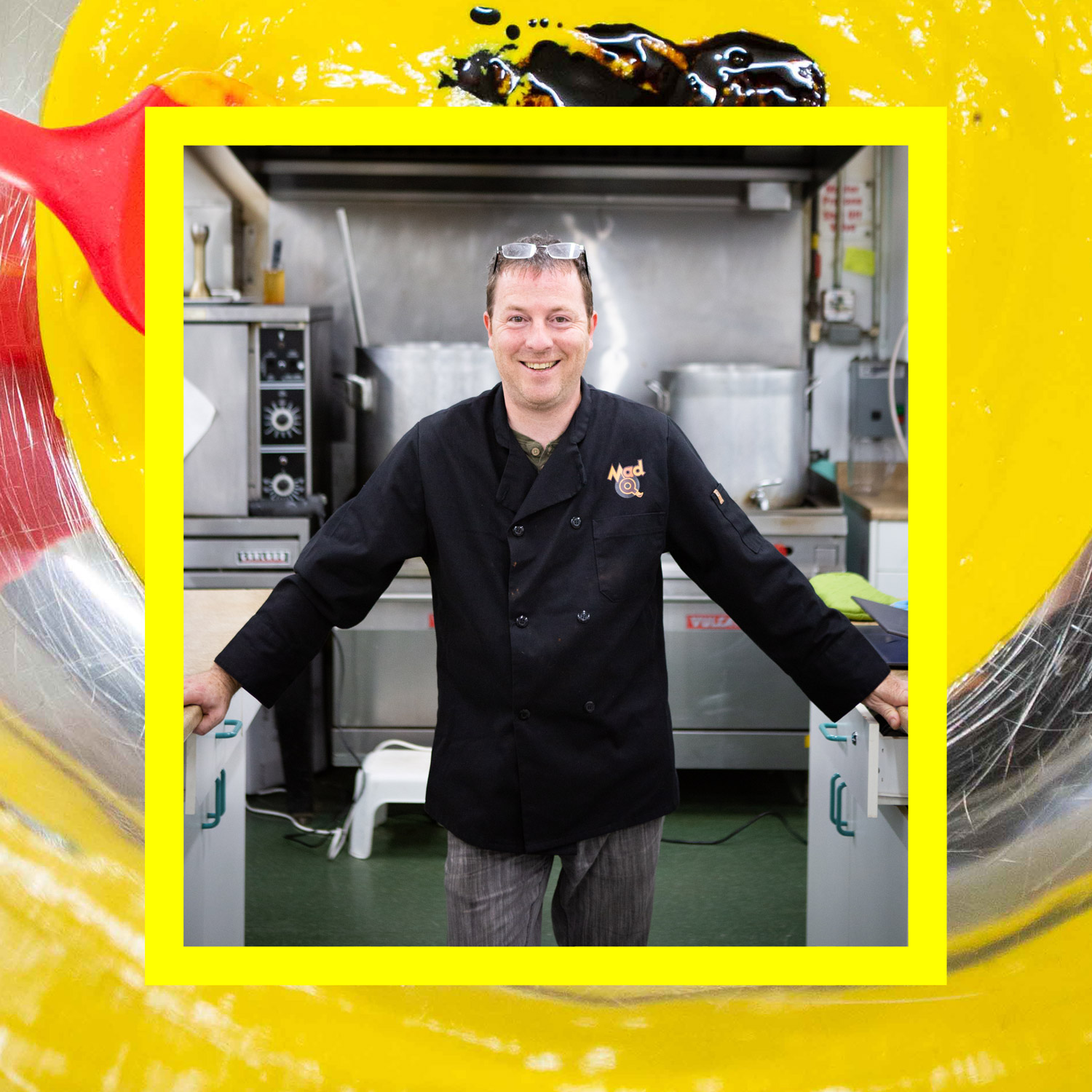Superette’s Mimi Lam on Staying Ahead of the Cannabis Market Saturation

In high school, I watched a lot of Judge Judy and it made me want to become a hotshot criminal lawyer. Instead, I ended up going to Carleton University for international business because the program offered a two-semester exchange. I just wanted to travel and experience new things.
I started to gain confidence in university. I shaved the back of my head, and I got my first tattoo—a flower on my shoulder blade—in a trailer on the outskirts of Shanghai while on exchange. I also smoked cannabis for the first time, on a rooftop with some friends who taught me how to inhale. I didn’t really enjoy it at first—I only smoked as a social thing.
After I graduated, one of my professors connected me with Code Cubitt, who had just started Mistral Venture Partners, a seed-stage venture capital firm in Ottawa. I worked with entrepreneurs funding start-ups in the tech space. After eight months there, I secured a job in investment banking on Bay Street. At first it seemed like a dream—I was young and making a pretty nice salary—but I was working close to 100 hours a week and was beyond stressed.

I started consuming cannabis again to help me sleep. It also helped with my mood and anxiety. It wasn’t about getting high; and that made me realize that if cannabis use became normalized, the industry could be huge. So I joined Tokyo Smoke, a high-end cannabis brand, in June 2017. I took a 50 per cent pay cut when I left investment banking—it was risky, but I had savings and was willing to dial back my spending in order to learn and be part of something new. Tokyo Smoke was a young company with a small team, and I basically raised my hand to do anything and everything. When cannabis retail was legalized the following year, I helped navigate the company rollout.
It’s where I met Drummond Munro. Our desks were beside each other, and we became really close friends. It was always in the back of our minds that we’d like to start a company together, and after Tokyo Smoke was sold to Canopy in 2018, it was time. We started Superette out of the belief that cannabis should be as fun to buy as it is to consume. The existing dispensaries felt too clinical and intimidating. I wanted to create familiar, delightful spaces. So we came up with an idea to style our shops like retro grocery stores and put cannabis products in fridges and deli cases.
We opened our first Superette store in Ottawa, and we went through the entire process—from securing a lease, hiring and training staff, merchandising products and setting up store operations—in less than two months. It was a non-stop sprint, and we were doing everything for the first time, so there was no playbook. We thought it would be fun to create branded merch, but days before we opened, regulators said that we couldn’t sell it alongside cannabis products. At first we tried to convince them that our branded mugs were ashtrays, but then we found a better solution: Our landlord had an empty space two doors down from the store, and overnight we created a pop-up for our other products. Thankfully, the regulations have changed since then—everyone loved our merch. It became the starting point for us creating Superette goods like kitschy grinders and even robes and slippers.
Because cannabis is a government-regulated industry, our growth has been largely dictated by the rollout of legalization. But now we have seven stores, including five in Toronto. We’ve grown from 35 employees to more than 100 in a year.
We’re already seeing oversaturation of the market in Ontario, and anyone who jumped on the bandwagon without a real strategy is in for a rude awakening—there is no reason to have four cannabis stores on a street corner. But it just further validates the need for Superette to keep innovating.










